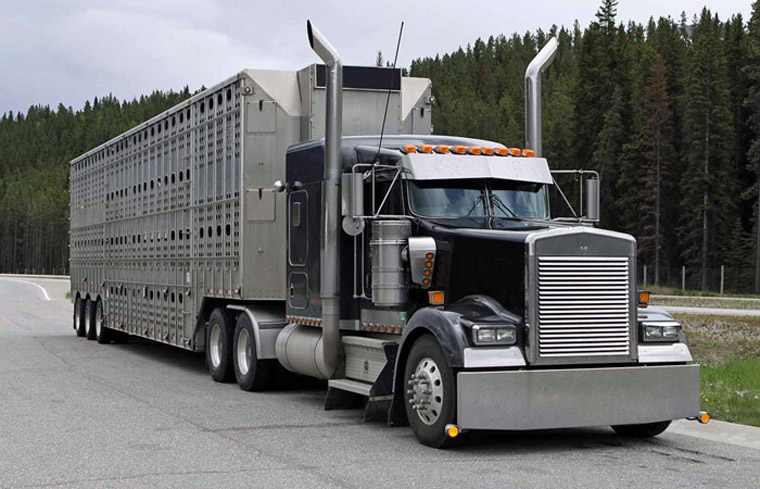A partner with Polar Pork says open two-way agricultural trade across the Canada U.S. border has worked well for both countries and needs to be maintained.
Last month the Office of the United States Trade Representative launched a 45-day public comment period on the effectiveness and impact of the Canada-U.S.-Mexico Agreement.
Florian Possberg, a partner with Polar Pork, says for most of our products the agreement gives us zero tariffs but there’s no guarantee that that will hold into the future so hopefully agriculture will be able to carve out an exemption for the grains and meats we trade back and forth.
A lot of live hogs move from Canada to the U.S. Under normal circumstances there’s beef cattle that move to Texas-Oklahoma feedlots and that sort of thing. As well there’s grains that cross the border and we depend on soymeal from the U.S and that sort of thing. Not only in primary products like grains and pork but there’s also processing. There’s processing that is specialised in Canada that crosses into the U.S. and vice versa. Those are relationships that built up over many decades and have served us well and it’s our hope that that kind of relationship can be maintained into the future.
I might add that some countries, to get a trade agreement with the United States, have agreed to a 15 percent across the board tariff. In agriculture our margins don’t allow us to pay a 15 percent tariff and still be competitive so we do need to have a North American Trade agreement that recognises that there are products that move beneficially across the Mexican, Canadian and U.S. borders.
~ Florian Possberg, Polar Pork
Possberg acknowledges an issue identified by President Trump is the lack of free trade in dairy so he is hopeful that doesn’t cause negative ramifications for the rest of agriculture.





